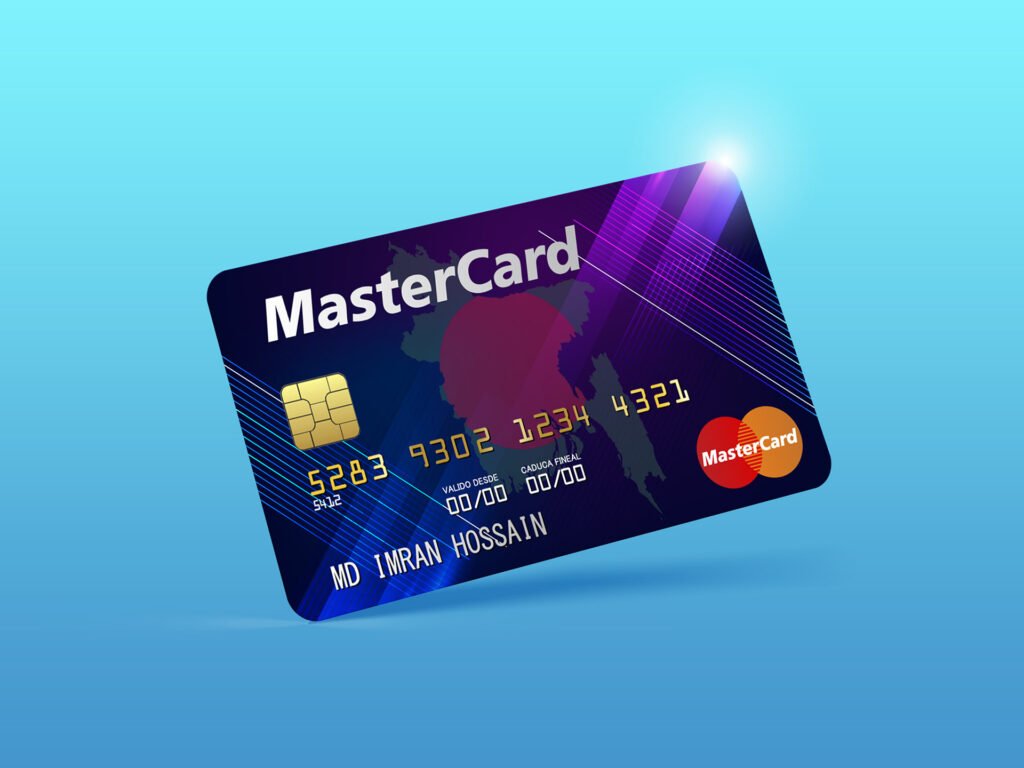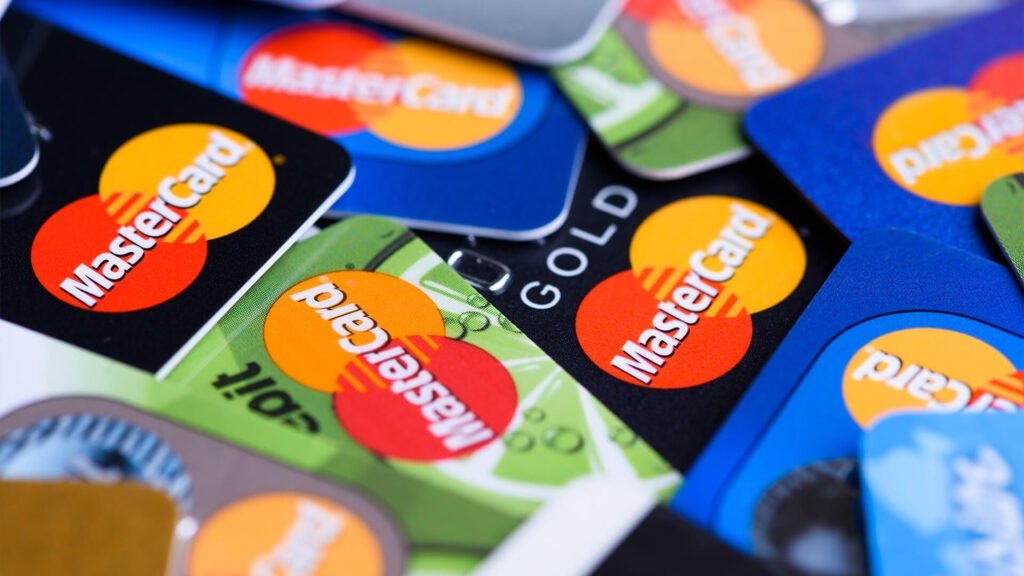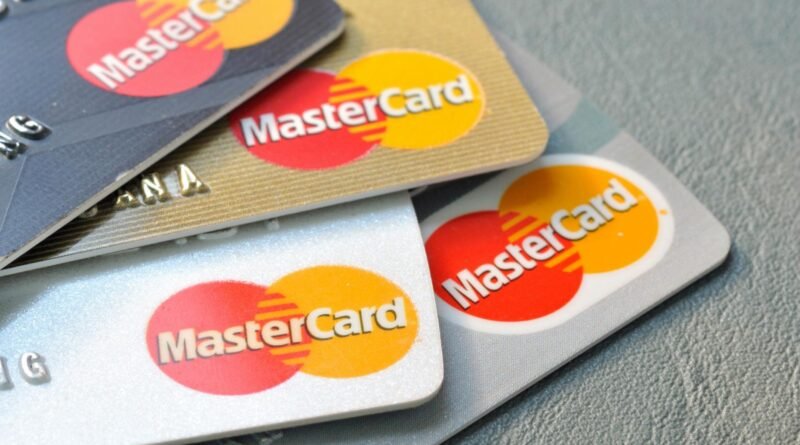Mastercard Launches New Initiative to Simplify Crypto Transactions and Reduce User Errors
In this program, Mastercard will serve as an intermediary to verify users’ identities for the transactions processed.
Mastercard is exploring methods to simplify crypto transactions, potentially paving the way for widespread adoption of digital assets in everyday business. The US-based card payments giant has launched a new initiative to evaluate its Crypto Credential program. This program aims to prevent the transfer of crypto assets to incompatible wallets. To support this pilot, Mastercard has partnered with crypto exchanges Bit2Me, Lirium, and Mercado, as well as crypto wallet provider FoxBit.

What led Mastercard to launch this initiative?
Mastercard’s research identified numerous instances of incorrect crypto transactions. The primary causes of financial losses for both senders and recipients were complex wallet addresses and technical errors resulting from engaging crypto tokens with incompatible blockchains.
Due to these risks, Mastercard is concerned that people might avoid crypto-based financial transactions and continue to rely on online payment apps like Venmo and PayPal.
“As interest in blockchain and digital assets continues to grow globally, it is crucial to provide trusted and verifiable interactions across public blockchain networks,” said Walter Pimenta, executive vice president for product and engineering at Mastercard.
What will this Pilot programme offer?
In this program, Mastercard will take on a centralized role, acting as an intermediary to verify users’ identities. The company will also pre-screen transactions to ensure that the tokens being sent and the blockchain used to receive them are correct. Additionally, Mastercard will store the KYC details of users participating in this pilot on its own servers.
The exchanges participating in this pilot will first verify users and issue them simple aliases for sending and receiving funds across all supported exchanges.
“When a user initiates a transfer, Mastercard Crypto Credential verifies that the recipient’s alias is valid and that the recipient’s wallet supports the digital asset and associated blockchain. If the receiving wallet does not support the asset or blockchain, the sender is notified, and the transaction does not proceed,” Mastercard stated.

According to Mastercard, its crypto credential P2P initiative has the potential to expand and support the global remittance market. Founded in 1966, Mastercard is currently valued at $411.33 billion (approximately Rs. 34,23,157 crore). In recent years, the company has shown a growing interest in exploring crypto and blockchain technologies to modernize existing financial systems.
In April, Mastercard introduced a crypto credit card, a CBDC partner program, and crypto trading initiatives. The company’s crypto credential vision was first revealed in 2023.

